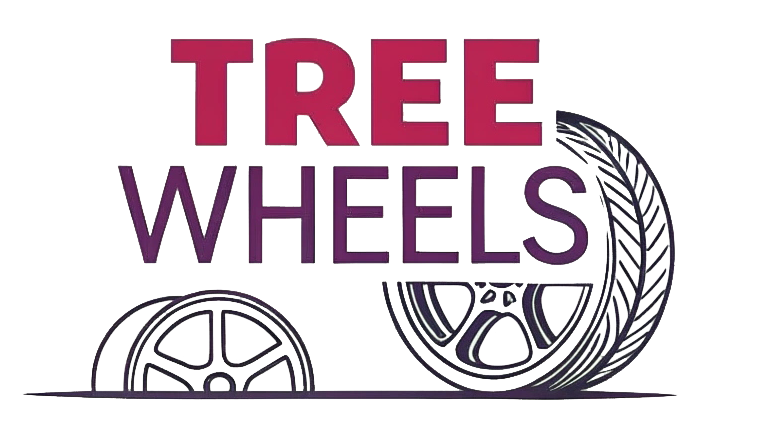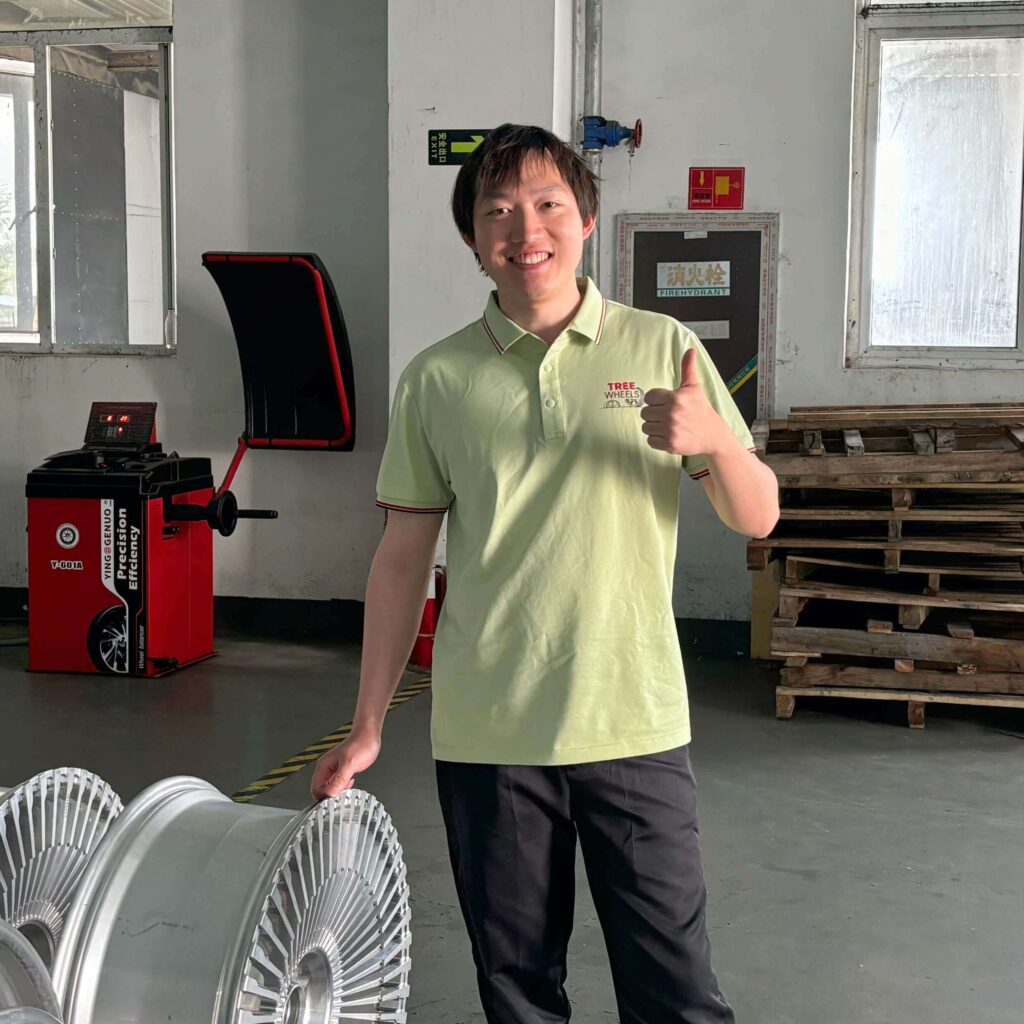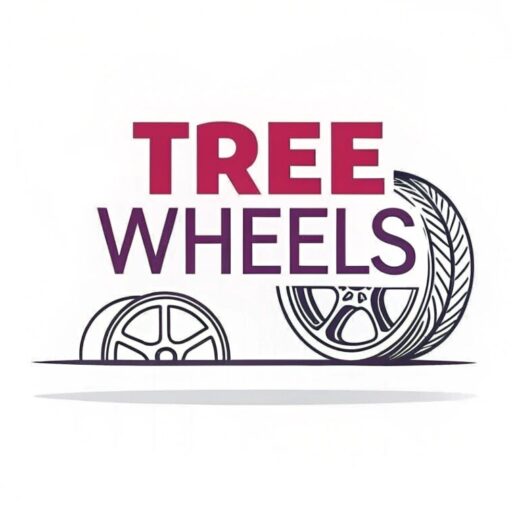I struggled with wheel offsets when I first started modifying cars. It’s confusing! Why do high ET offsets matter for rims? Let’s break it down simply.
High ET offset rims improve vehicle stability, safety, and braking. They save money long-term by reducing wear. Most factory wheels use positive ET for these benefits.

I’ve seen countless car owners confused by rim specs. Picking the right offset transforms your ride. Let’s dive into the details to clear things up.
Is a higher offset better?
Choosing rims feels overwhelming. I remember my first mod—endless questions! Is a higher offset always the best choice for your car?
Higher offsets (positive ET) enhance stability and safety. They keep wheels tucked under the car, improving handling and reducing suspension strain, especially for daily drivers.

Why Stability Matters
A higher offset means the wheel sits closer to the car’s body. This reduces the leverage on suspension components. I learned this modifying my old sedan—less sway, better control. It’s ideal for city driving or long highway trips.
Safety and Braking Benefits
Positive ET rims align better with the car’s braking system. This improves stopping power. I noticed sharper braking after switching to +40 ET rims. It’s a small change with big results.
When Higher Isn’t Better
Higher offsets aren’t perfect for everyone. If you want a wide stance for looks, lower offsets might suit you. But for most drivers, positive ET is safer.
| Feature | High Offset (Positive ET) | Low Offset (Negative ET) |
|---|---|---|
| Stability | High | Moderate |
| Braking Efficiency | Improved | Standard |
| Suspension Wear | Reduced | Increased |
| Aesthetic Appeal | Tucked-in look | Wide stance |
This balance of safety and performance makes high ET offsets a go-to for practical mods. I always recommend them to clients at Tree Wheels for reliability.
What does +35 offset mean on rims?
I scratched my head over rim numbers early on. +35 offset? It sounded like math homework! What does it actually mean for your wheels?
A +35 offset means the wheel’s mounting surface is 35mm toward the outside of the rim’s centerline. It keeps wheels closer to the car’s body for better handling.

Breaking Down Offset Numbers
Offset measures where the wheel mounts relative to its centerline. A +35 ET means the hub is 35mm outward. I tested this on a client’s SUV—smoother turns, less wobble.
Impact on Fitment
A +35 offset ensures the wheel sits snugly under the fender. This prevents rubbing and improves aerodynamics. I’ve seen it work wonders on sedans and trucks alike.
Choosing the Right Offset
Your car’s make and model dictate ideal offsets. I always check manufacturer specs before suggesting +35 ET rims. It’s a safe, versatile choice for most vehicles.
| Offset Type | Position Relative to Centerline | Best For |
|---|---|---|
| Positive (+35) | Toward outside | Stability, daily driving |
| Zero (0) | Center of rim | Balanced look and function |
| Negative (-10) | Toward inside | Wide stance, custom builds |
Understanding +35 offset helped me nail fitment for clients. It’s a reliable choice for safe, stable rides.
Does ET on wheels matter?
I used to think wheel specs were just numbers. Then a bad offset ruined my car’s handling. Does ET really make a difference?
Wheel ET affects handling, safety, and tire wear. Proper ET ensures wheels fit correctly, improving performance and preventing damage to suspension or fenders.

Handling and Performance
ET determines how wheels align with the car’s suspension. I switched to a proper ET on my coupe, and cornering felt effortless. Incorrect ET causes shaky handling.
Tire and Suspension Longevity
Wrong offsets stress tires and suspension. I saw a client’s car with negative ET rims—tires wore out fast. Positive ET reduces this wear, saving money.
Aesthetic and Practical Balance
ET also affects looks. Positive ET gives a clean, tucked-in style. Negative ET creates a bold stance but risks fender damage. I prefer positive ET for most mods.
| Aspect | Correct ET | Incorrect ET |
|---|---|---|
| Handling | Smooth, precise | Unstable, shaky |
| Tire Wear | Even, long-lasting | Uneven, rapid wear |
| Suspension Stress | Minimal | High, potential damage |
| Look | Clean or custom | May cause fitment issues |
ET isn’t just a number—it’s the key to performance and durability. I always prioritize it at Tree Wheels.
What are the disadvantages of offset rims?
I love custom rims, but they’re not perfect. I learned this after a bad offset choice. What downsides come with offset rims?
Offset rims can cause fitment issues, increased wear, or handling problems if chosen poorly. Negative offsets often lead to fender rubbing and suspension strain.

Fitment Challenges
Incorrect offsets make wheels rub against fenders or brakes. I once fitted negative ET rims on a client’s car—constant scraping! Positive ET avoids this but may limit stance width.
Increased Wear and Tear
Negative offsets stress suspension and bearings. I saw a truck with -20 ET rims need repairs sooner. Positive ET rims reduce this but aren’t immune to poor fitment.
Handling Trade-offs
Extreme offsets hurt handling. Negative ET rims make steering feel loose. I noticed this on a friend’s modified car. Positive ET improves control but may feel less aggressive.
| Offset Issue | Positive ET | Negative ET |
|---|---|---|
| Fitment Problems | Rare, if matched to car | Common, fender rubbing |
| Suspension Wear | Low | High, frequent repairs |
| Handling | Stable, predictable | Loose, less responsive |
Offset rims need careful selection. I always guide Tree Wheels clients to balance style and function.
Conclusion
High ET offset rims boost stability, safety, and braking while saving costs. Choose wisely! For premium forged wheels, trust Tree Wheels—customized quality delivered fast.



